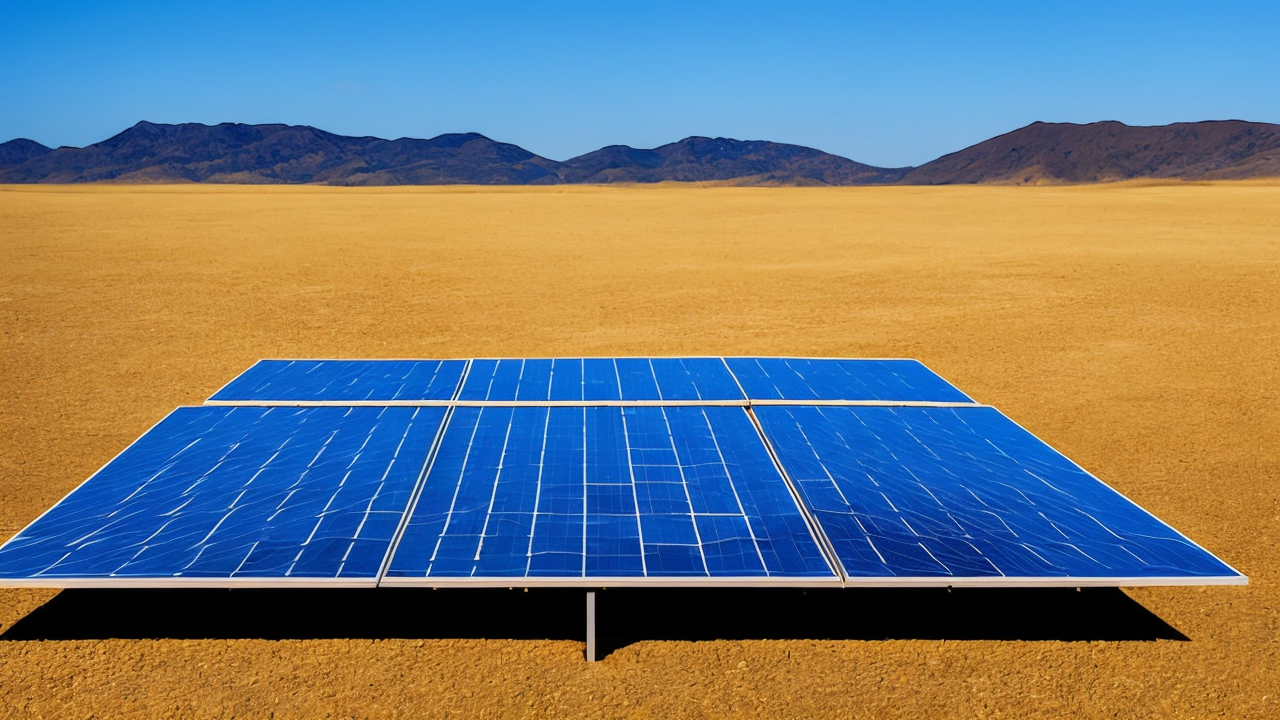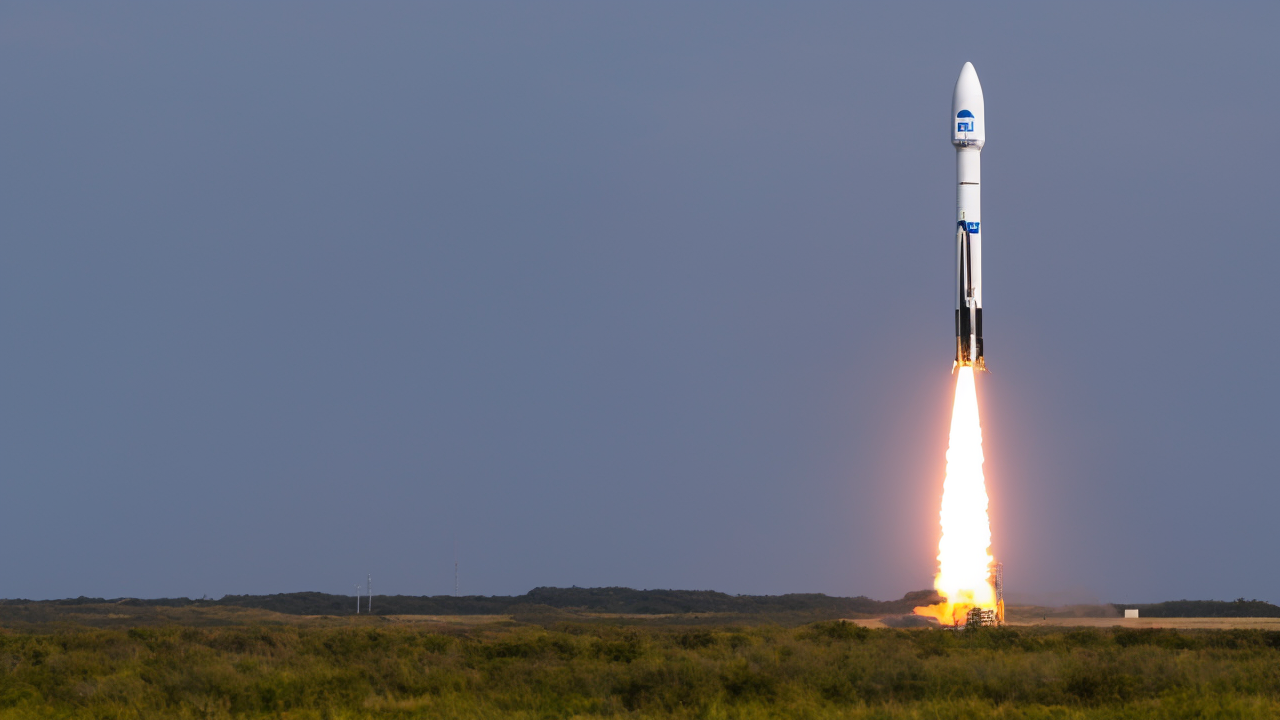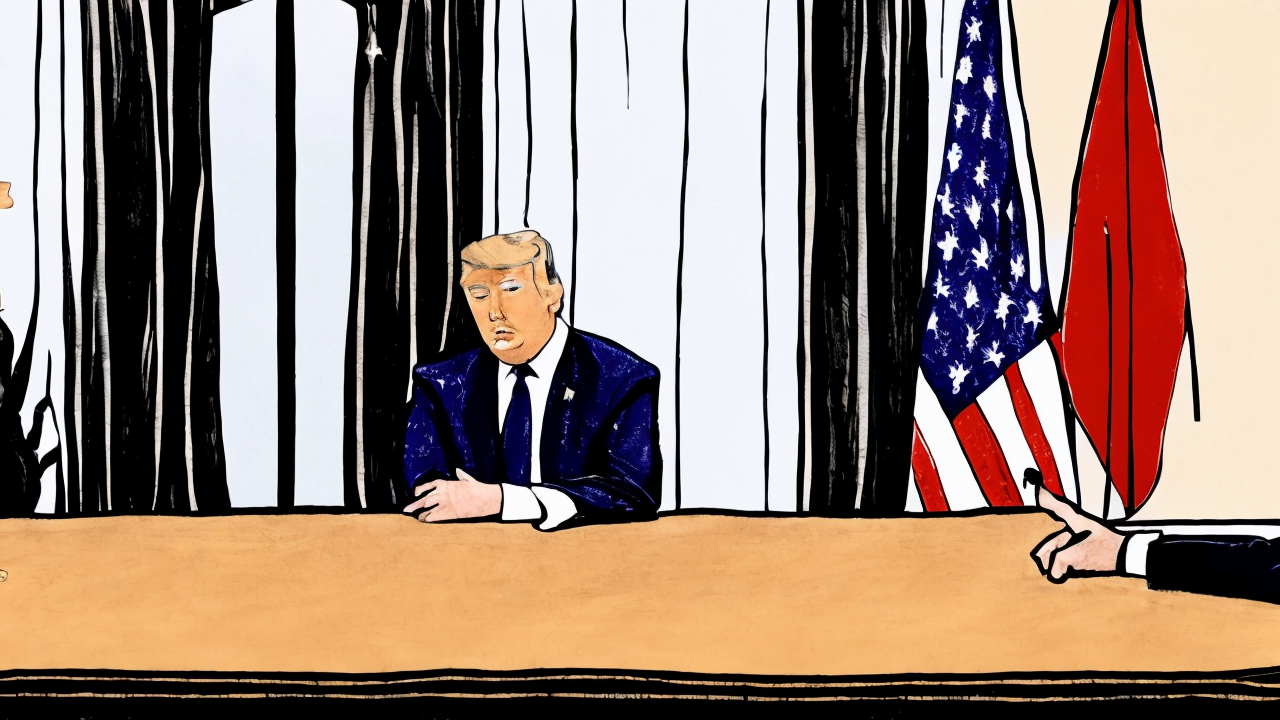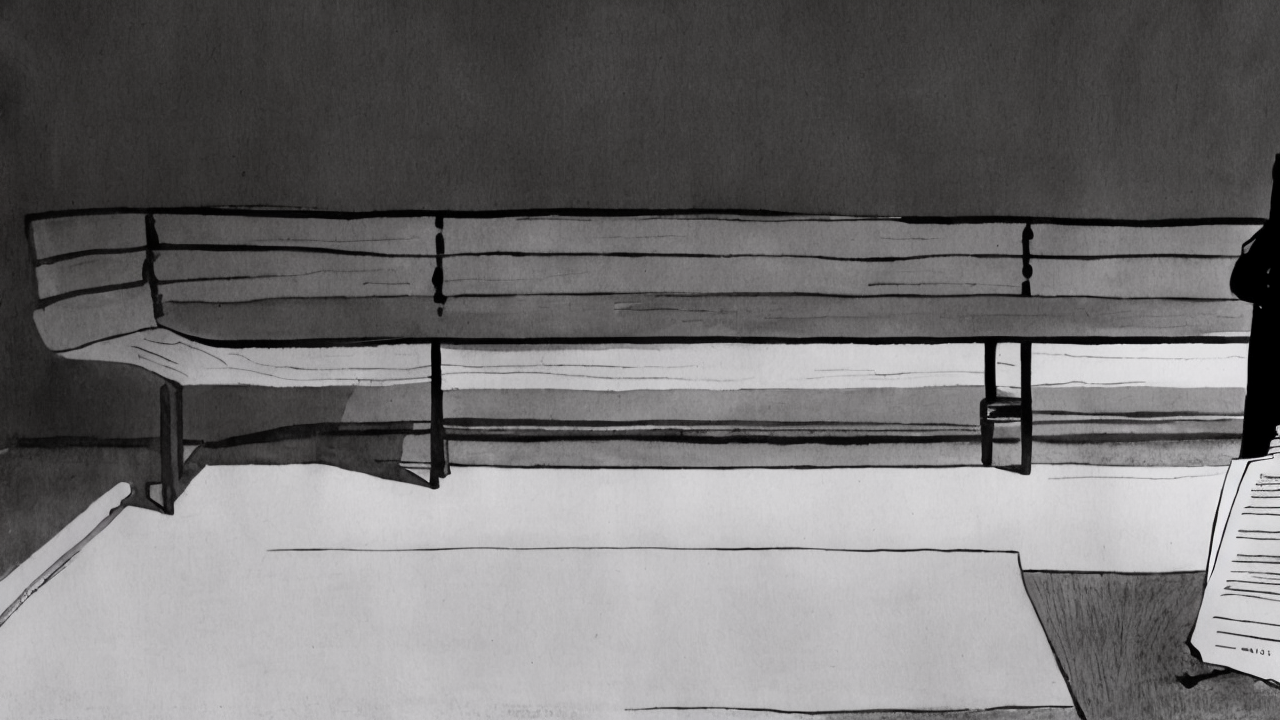Saving the Planet, One Debate at a Time
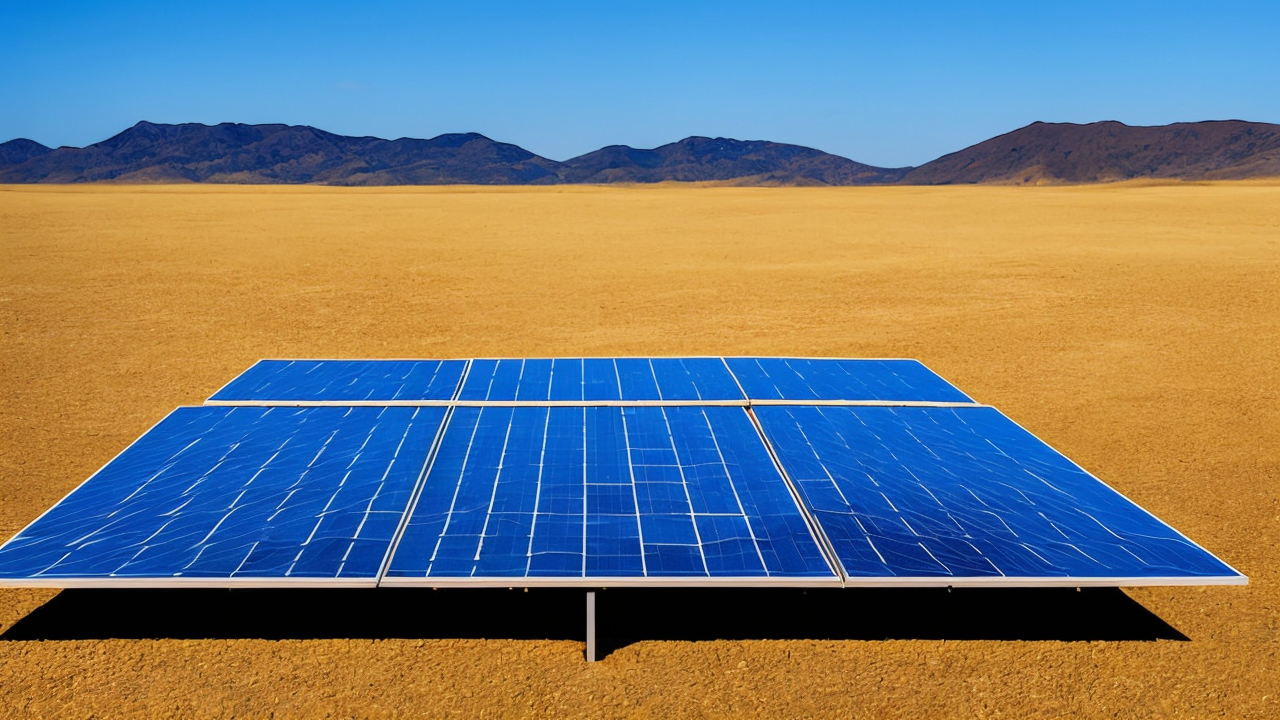
Climate change remains a topic of widespread discussion, but the conversation too often veers from thoughtful inquiry into emotional rhetoric and political posturing. While protecting our environment is a responsibility rooted in biblical stewardship, the current discourse frequently prioritizes ideology over evidence, fear over faith, and global mandates over national sovereignty.
The Bible teaches that humanity is entrusted with the care of creation (Genesis 1:28). This sacred duty calls for responsible management of natural resources, not reckless destruction or unwarranted panic. Yet today, many climate discussions ignore this foundational principle, instead promoting sweeping policy changes that threaten energy independence, burden working families, and weaken our nation’s economic strength. Policies like the Green New Deal, while well-intentioned on the surface, often rely on unproven models and demand sacrifices that disproportionately affect the most vulnerable.
We must ask: Are we truly serving the common good by dismantling industries that power our homes, farms, and factories? Are we honoring our duty to future generations by embracing regulations that limit opportunity and increase costs? History shows that progress comes not from fear, but from innovation, hard work, and wise governance. The solution is not to surrender our economy to climate alarmism but to apply reason and technological ingenuity to real problems.
Consider the actual data. Temperature records over the past century reveal natural fluctuations. While carbon dioxide levels have risen, the link to runaway global warming remains statistically uncertain. Climate models, while useful tools, are not infallible—they depend on assumptions that can skew outcomes. We must treat scientific claims with healthy skepticism, especially when they are used to justify sweeping social and economic transformations.
Meanwhile, real environmental challenges demand our attention. Plastic pollution in our oceans, deforestation in vital ecosystems, and contamination of water sources are tangible issues with measurable impacts. These are problems we can address through better infrastructure, innovation in materials science, and community-based conservation efforts—without sacrificing our energy security or national character.
Education plays a critical role. We should teach our children to think critically, to analyze data, and to understand history—not to feel guilt over their lifestyle choices. True wisdom comes not from conformity to fashionable narratives, but from discernment, rooted in truth and experience. Schools should foster curiosity and inquiry, not indoctrination.
Collaboration across disciplines—engineers, economists, scientists, and community leaders—can produce practical solutions that balance environmental care with economic vitality. When we work together, guided by reason and shared values, we build stronger communities and a more resilient nation.
We must also remember that our nation’s strength lies in its self-reliance, its traditions, and its people. When international bodies or activist groups seek to impose top-down climate mandates, they erode our ability to make decisions based on our own needs and values. National pride is not a flaw—it is a foundation for responsible leadership.
In the end, the real debate is not about whether the planet is changing, but how we respond. Do we let fear dictate our choices, or do we act with wisdom, courage, and confidence in our ability to steward creation wisely? The answer lies not in surrender, but in steady, principled action.
Let us protect our environment—not out of panic, but out of duty. Let us innovate—not to abandon our economy, but to strengthen it. And let us lead—not with alarm, but with integrity, faith, and a commitment to the common good. The future is not predetermined. It is shaped by the choices we make today, guided by truth, responsibility, and a deep respect for the world we’ve been given.
Published: 11/17/2025

